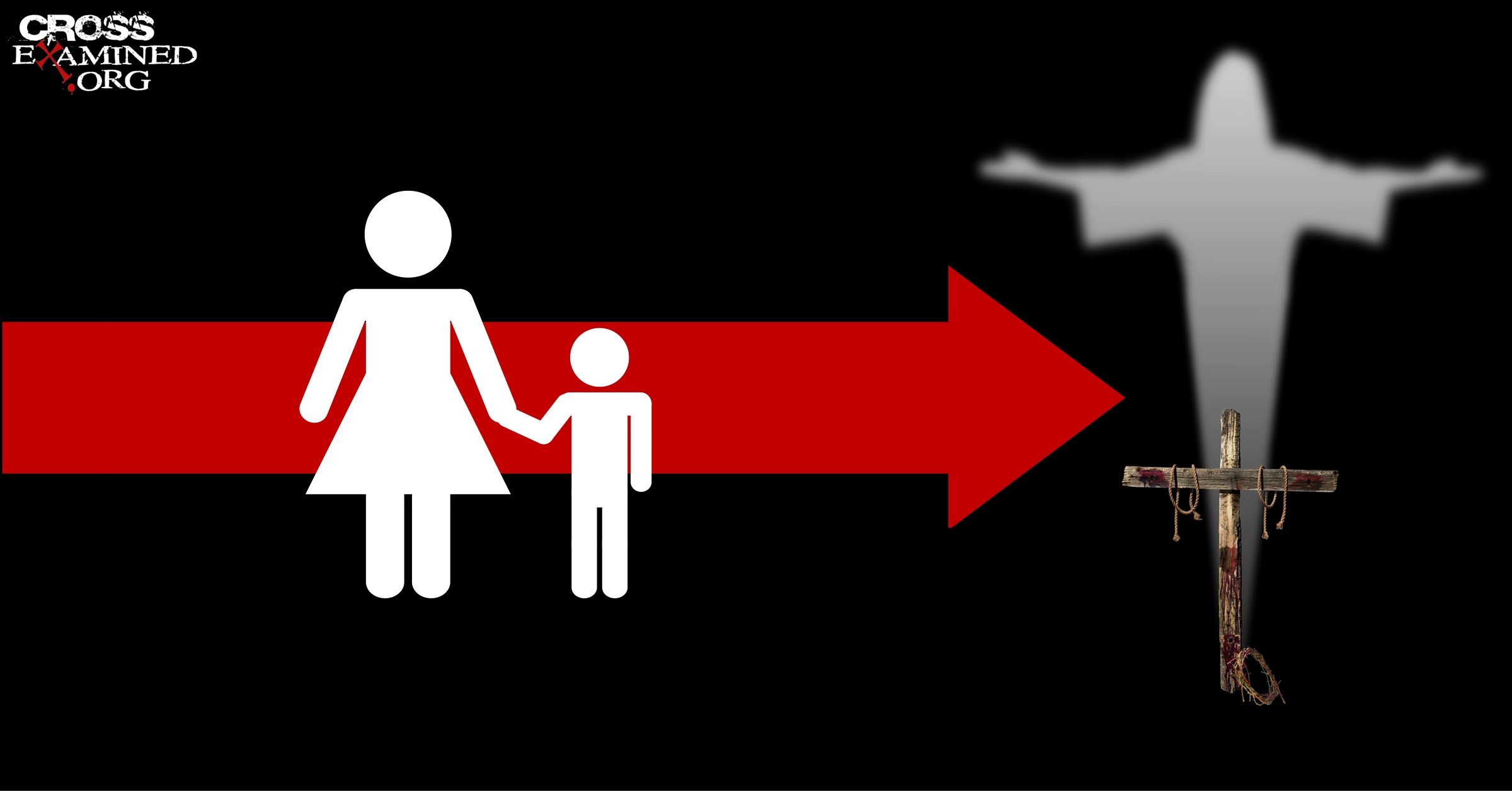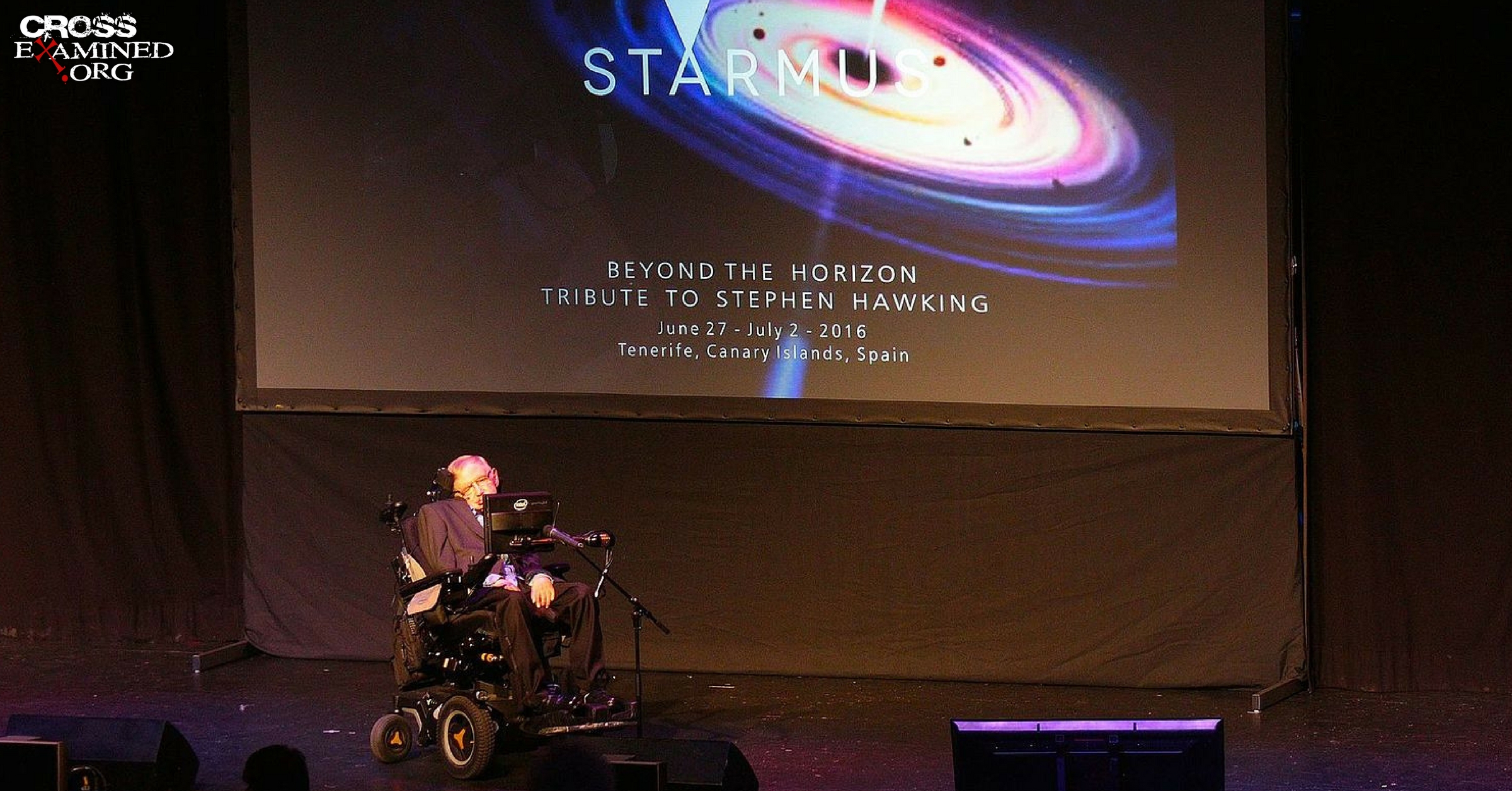En los últimos años, he tenido la oportunidad de hablar en varias conferencias cristianas y en iglesias acerca de la importancia de que los padres les enseñen apologética a sus hijos (cómo presentar defensa de la verdad de la fe cristiana). Cuando doy una charla, a menudo empiezo haciendo las siguientes dos preguntas.
Primero, les pregunto a los padres: “¿Cuántos de ustedes han venido aquí sabiendo que nuestro mundo se está volviendo muy secular y que, por esta razón, es probable que la fe de su hijo sea desafiada de alguna manera?”
El cien por ciento levanta la mano… todo el tiempo.
Segundo, les pregunto a los padres: “¿Cuántos de ustedes podrían afirmar que tienen la confianza de que saben específicamente cuáles serán esos grandes desafíos en cuanto a la fe?, ¿cómo tratarlos eficazmente con sus niños, y cómo se traduce eso en las responsabilidades parentales en el día a día?”
El cero por ciento levanta la mano… todo el tiempo.
Durante estos últimos cuatro años en los que he escrito en mi blog acerca de la crianza en los hogares cristianos, he tenido la oportunidad de recibir comentarios de cientos de padres. Esta brecha entre 1) saber que nuestro mundo secular afectará la fe de nuestros hijos y 2) comprender lo que eso significa exactamente para los padres, es casi universal, y con frecuencia, esto provoca temor y frustración: los padres saben que hay un problema, pero no saben cómo solucionarlo.
Esta brecha me llevó a escribir: “Keeping Your Kids on God’s Side: 40 Conversations to Help Them Build a Lasting Faith” (Mantener a tus hijos del lado de Dios: 40 Conversaciones para ayudarles a edificar una fe duradera). Con este libro, deseo ayudar a los padres a identificar y a comprender 40 de los desafíos más importantes en cuanto a la fe que necesitan abordar con sus hijos para que tales desafíos ya no se vean ambiguos e inmanejables. Pero una vez que los padres logran tener este entendimiento crítico, sigue presente la pregunta: ¿cómo se traduce eso en las responsabilidades parentales?
Aquí hay cinco puntos clave a tener en cuenta.
- Los padres deben comprometerse a profundizar continuamente en el entendimiento del cristianismo.
En un mundo secular, los niños con frecuencia se enfrentarán a desafíos en cuanto a su fe: especialmente de los ateos verbales. Los ateos a menudo están bien preparados para presentar sus argumentos en contra de Dios, y del cristianismo en particular. Desafortunadamente, muchos padres cristianos no están igualmente preparados para enseñarles a sus hijos a defender la verdad del cristianismo y proclamar sus creencias. Las preguntas que aparecen a continuación son de suma importancia para que los niños entiendan hoy, pero pocos padres están equipados para tratarlas de manera proactiva: ¿Qué evidencias hay en cuanto a la existencia de Dios? ¿Por qué un Dios Bueno permite la maldad y el sufrimiento? ¿Cómo un Dios amoroso puede enviar gente al infierno? ¿Es la fe en Dios contraria a la razón? ¿Cuáles son los hechos históricos de la resurrección con los que casi todos los eruditos están de acuerdo? ¿Cómo pueden creer los cristianos que los Milagros son posibles? ¿Cómo sabemos que la Biblia que tenemos hoy dice lo que los autores escribieron originalmente? ¿La Biblia apoya la esclavitud, la violación y los sacrificios humanos (como alegan los escépticos)?
En el pasado, cuando la sociedad era más cristiana —al menos nominalmente—, es posible que los padres podían evitar tratar las preguntas más difíciles de la fe con sus hijos (¡no que lo hayan hecho!). Pero los desafíos del presente requieren mucho más de los padres cristianos fieles. Debemos conocer cuáles son los grandes desafíos, equiparnos para hacerles frente y comprometernos a profundizar continuamente el entendimiento de nuestra fe para que podamos guiar a nuestros hijos debidamente.
- Los padres deben hacer intencionadamente un “espacio espiritual” en sus hogares.
Por supuesto, no basta profundizar tu propio entendimiento del cristianismo. De alguna manera debes traspasar tu entendimiento a tus hijos, y ese traspaso requiere de un tiempo apartado cuidadosamente. El tipo de conversaciones de fe que necesitamos tener con nuestros hijos hoy (al igual que las preguntas que aparecen en el punto 1) no van a suceder simplemente de manera significativa, a menos que te hagas un espacio espiritual para ellas. Por espacio espiritual, me refiero a un tiempo exclusivo para comprometerse como familia a crecer en el entendimiento y en la relación con Dios. No hay ninguna razón por la que un momento como éste no debe programarse, al igual que todas las demás actividades (menos importantes) de tu vida. Si actualmente no lo estás haciendo, comienza con unos 30 minutos por semana. Es una cantidad de tiempo razonable para cualquier familia, y siempre puedes desarrollarlo a partir de allí.
- Los padres deben estudiar la Biblia con sus hijos. De verdad.
Aun cuando has de saber que el estudio de la Biblia es importante, las estadísticas muestran que probablemente no lo estés haciendo: Menos de 1 de 10 familias cristianas estudian la Biblia juntos en una semana determinada. Si tus hijos perciben que has puesto la Biblia a un lado de las cosas importantes, tienen muy pocas razones para verla como el libro de autoridad tal como lo afirmamos nosotros como cristianos. No tiene ningún sentido que digas que la Biblia es la Palabra de Dios si no la tratas como tal.
Mientras tanto, la Biblia es el punto de ataque favorito de los escépticos y nuestros hijos tendrán una enorme oportunidad de oír que es un libro antiguo e irrelevante, lleno de inexactitudes y contradicciones. Si no estudias tu Biblia con tus hijos regularmente, llegará un buen momento en que a ellos ya no les importará lo que tiene para decirles. (Lee mi artículo: “Don’t Expect Your Kids to Care What the Bible Says Unless You’ve Given Them Reason to Believe It’s True” para ver más sobre este tema) [No esperes que a tus hijos les importe lo que la Biblia dice a menos que les hayas dado razones para creer que es verdad].
- Los padres deben, proactiva y regularmente, preguntarles a sus hijos qué tipo de consultas tienen sobre la fe.
En un mundo secular, donde los niños constantemente oyen sobre las cosmovisiones que compiten entre sí, te garantizo que continuamente surgirán las preguntas. Pero hay muchas razones por las que los niños no las hacen: a ellos les pueden estar pasando demasiadas cosas, tienen temor a tus reacciones o tal vez, ellos simplemente no están suficientemente interesados como para hablar de ellas.
En nuestra casa, hemos implementado una “noche de preguntas” programada para ayudarles en este respecto. Puedes leer sobre cómo empezar la tuya en mi artículo: “How to Get Your Kids to Ask More Questions about Their Faith” (Cómo hacer que tus hijos te hagan más preguntas acerca de la fe).
- Los padres deben hacer a sus hijos las preguntas difíciles que a ellos no se les ocurren.
Si regularmente animas a tus hijos a que te hagan preguntas sobre la fe (ver el punto 4), tendrás un montón de conversaciones geniales. Pero muchas de las preguntas que son importantes para que tus hijos entiendan a la hora de prepararse para enfrentarse al mundo secular son aquellas que tal vez jamás se les han pasado por la mente. Por ejemplo, a la mayoría de los niños no se les ocurre preguntar cómo sabemos que la Biblia que tenemos hoy dice lo que escribieron los autores originales. Pero eso no quiere decir que sea menos probable que se van a encontrar con escépticos que les dirán que la Biblia no es para nada confiable por esa misma razón. Así como no esperamos que nuestros hijos nos hagan preguntas sobre la Segunda Guerra Mundial antes de decidir qué, cómo y cuándo enseñarles acerca de ella, no debemos esperar a que nuestros hijos tengan que enfrentar los desafíos para empezar a hablar de ellos. Indudablemente, van a oír acerca de estos temas de los escépticos en algún punto, así que no hay razón para que no los escuchen de nosotros primero.
Recursos de mayor impacto:
Natasha Crain es una bloguera, autora y oradora nacional que siente pasión por equipar a los padres cristianos para educar a sus hijos en la comprensión de cómo presentar un caso y defender su fe en un mundo cada vez más secular. Es autora de dos libros de apologética para padres: Talking with Your Kids about God (Hablando con tus hijos sobre Dios) (2017) y Keeping Your Kids on God’s Side (Manteniendo a tus hijos del lado de Dios) (2016). Natasha tiene un Maestría en marketing y estadísticas en la UCLA y un certificado en apologética cristiana de la Universidad de Biola. Ex ejecutiva de mercadotecnia y profesora adjunta, vive en el sur de California con su esposo y sus tres hijos.
Blog Original: http://bit.ly/2ST55uL
Traducido por Natalia Armando
Editado por María Andreina Cerrada















